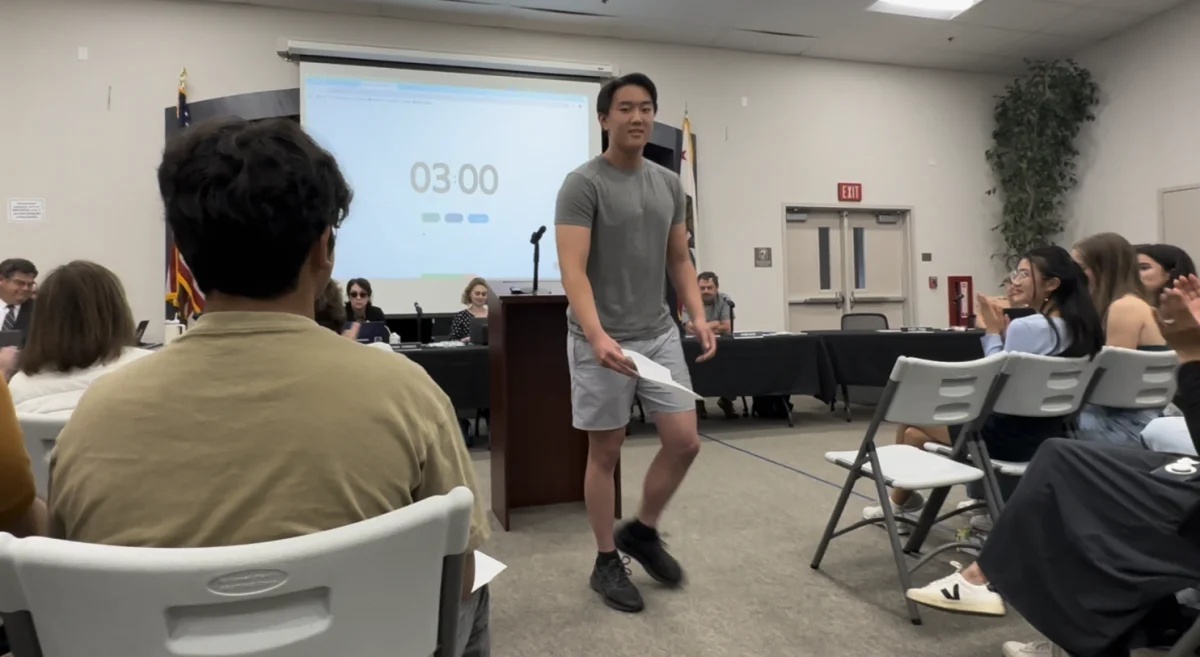Over the four years students spend at the school, they will learn everything from how the human body functions to the history of the United States. What they will not learn, however, is how to balance a checkbook and save for the future. Elementary skills of personal finance, from learning how to pay a bill to how investments work, are currently acquired after students have already left high school. Students who are getting jobs or paying for college, however, already have a need for this kind of information. In order for students to become financially secure, the school should provide them instruction in personal finance.
This is not a novel idea for the school. The school already teaches basic life skills in the form of the Health class all students must take to graduate, and many ideas of consumer choice and investment are introduced to students through Economics. However, an additional Personal Finance class would be better suited to expanding on these important ideas.
“We’ve talked about adding it to the curriculum … I think there’s a recognition that [personal finance] is a subject that is good for students to learn about before they graduate from high school,” Assistant Principal Galen Rosenberg said.
Such a class need not be constructed from scratch, however. At the nearby Egan Junior High School, social studies teacher Jon Hayman has taught Personal Finance as an elective class for the past two years. Hayman covers many topics students should know by the time they enter the real world, including: how to read a credit card statement, different types of investment, the power of compound interest and saving for the future.
“We start off with an introduction—I call it the laws of money,” Hayman said. “What value is, why you spend what you spend, the idea of expenses rising to meet income … If you want to become financially independent, you have to get into the habit of investing what you earn, and spending the rest.”
Hayman’s course is taught over the course of a semester, but not many high school students will likely want to spend an entire semester learning about personal finance. When many students are already stressed about taking as many AP and honors classes as possible, adding an optional personal finance class would likely not attract many takers. However, the best solution would be to add such curriculum to an existing class all students must take, the most obvious candidates being Economics and Health. Personal finance could be integrated into Economics, with the class focusing less on the theoretical side and more time spent exploring students’ personal economic decisions. Or personal finance could replace some of the time in Health class, where students already learn valuable life skills, and the class renamed and redesigned as such. Whichever class may be chosen, Rosenberg estimates the class could cover personal finance in two or three weeks.
“I think one could learn it … if learn means do some activities related to [personal finance] that embed it more, in two to three weeks—to look at the basics of managing your income, making savings and investments,” Rosenberg says.
Even if the school chooses not to provide a curriculum for it, students should think about savings and money management anyway. Long-term investment and saving more than one spends are the key to ensuring students’ financial stability. Though currently the school does not provide instruction, students should look at how the financial decisions they are making and will make may impact the rest of their lives.
“Accounting, taxation, all these important things in our lives that we have to be responsible for—being accountable for all these is important,” senior John Lee said. “Managing your wealth is also very important, considering how hard times are. It’s important for people to learn how to keep track of their money.”








